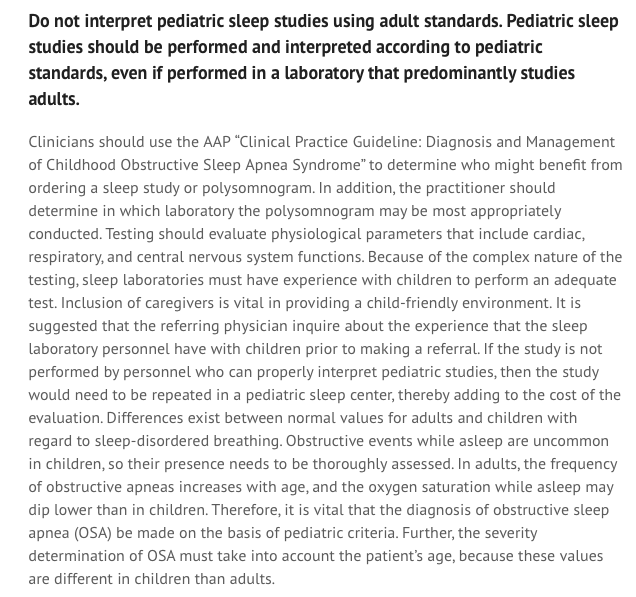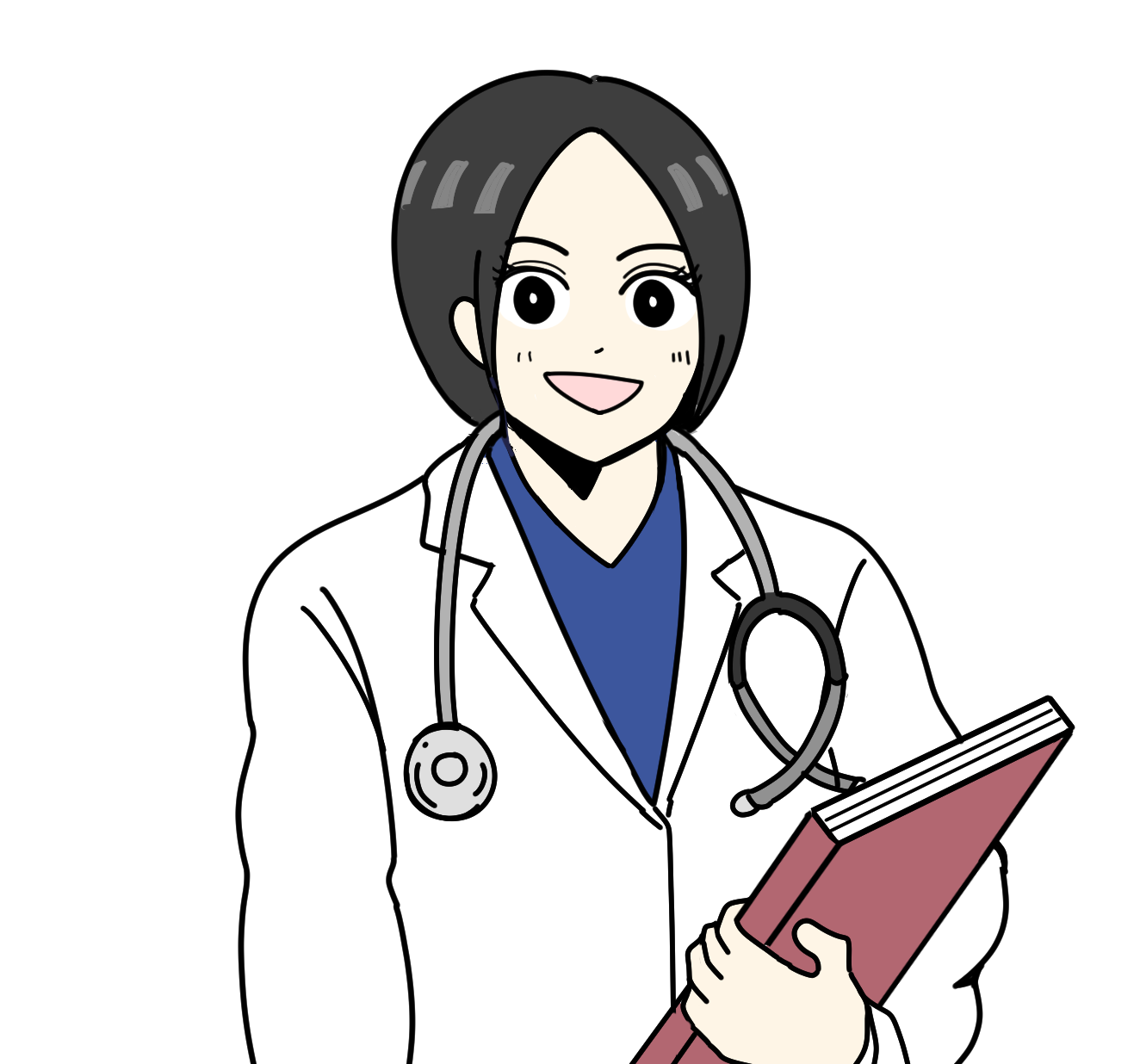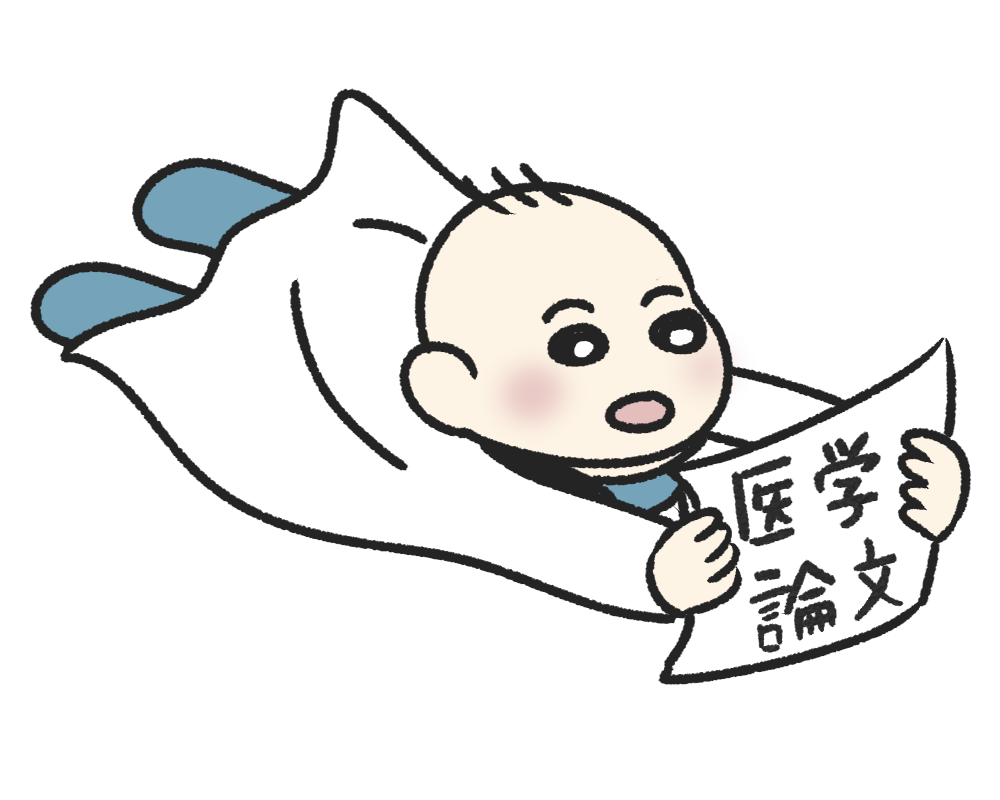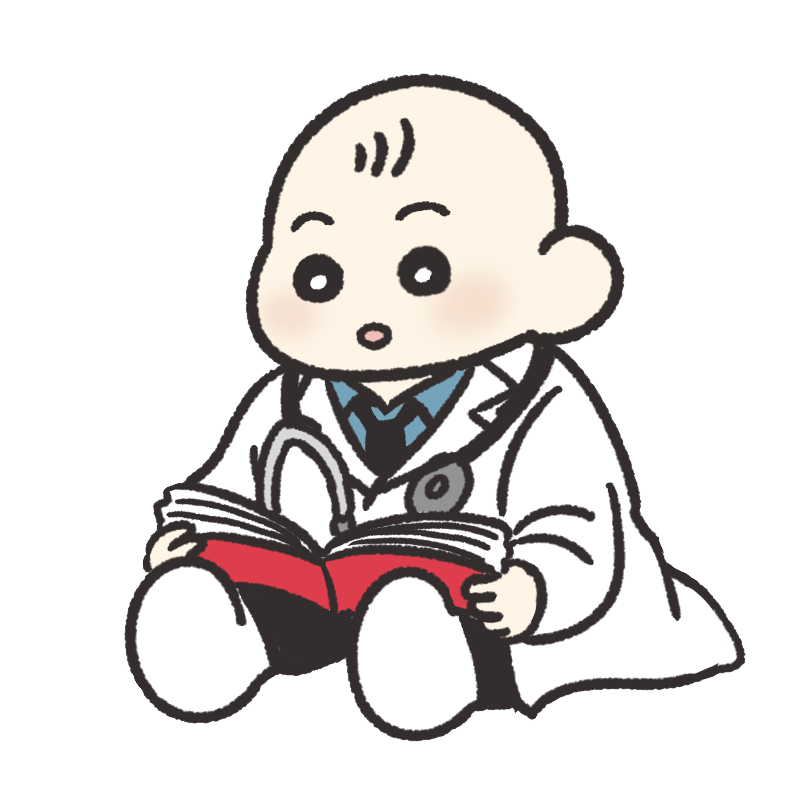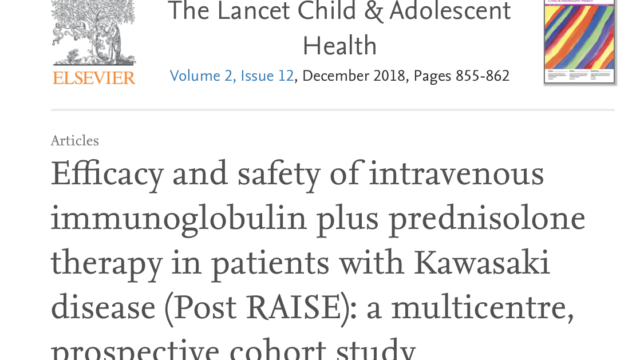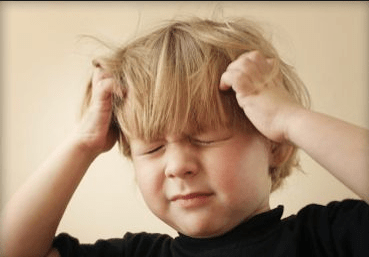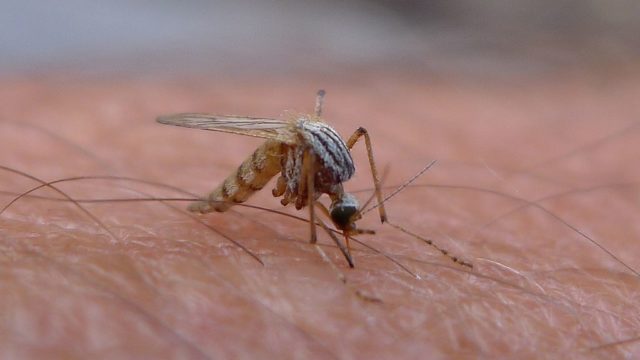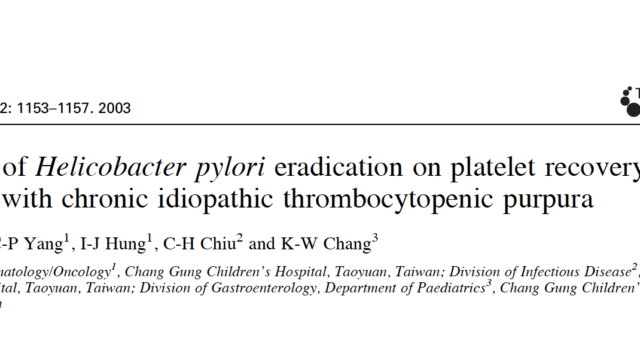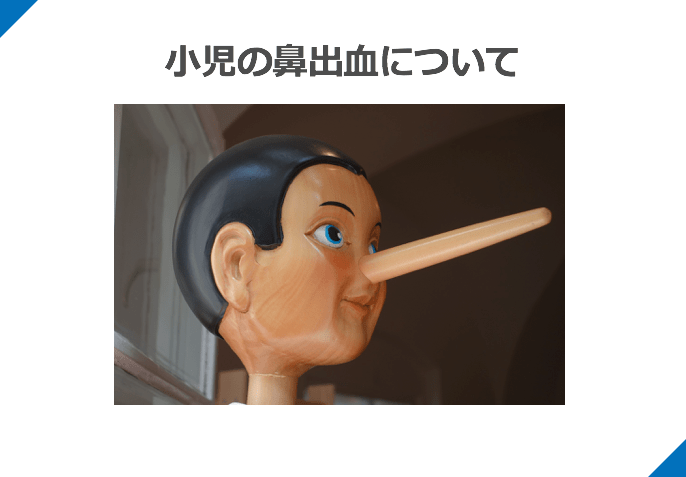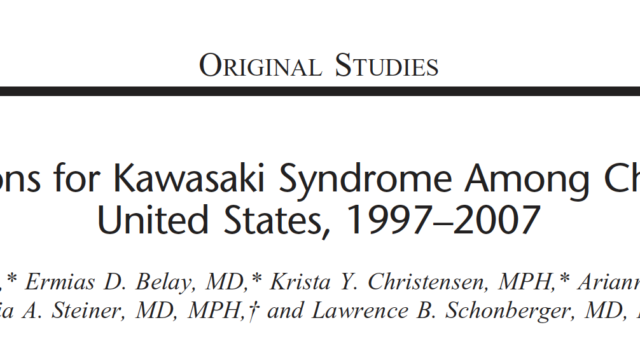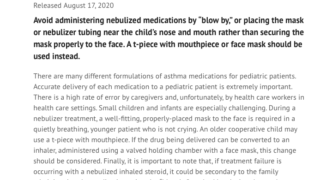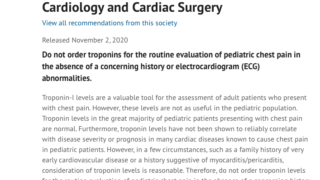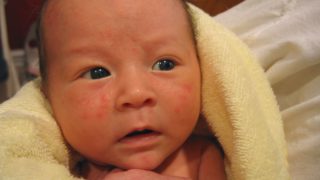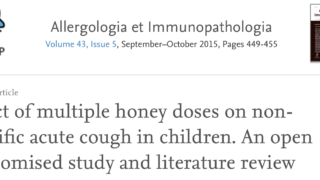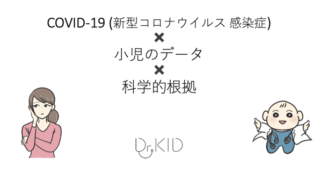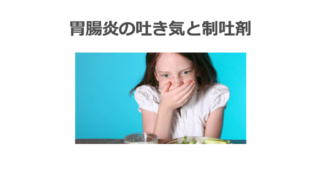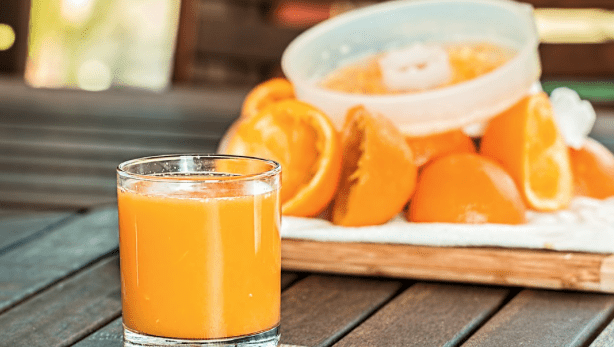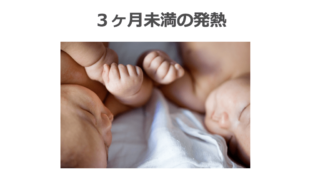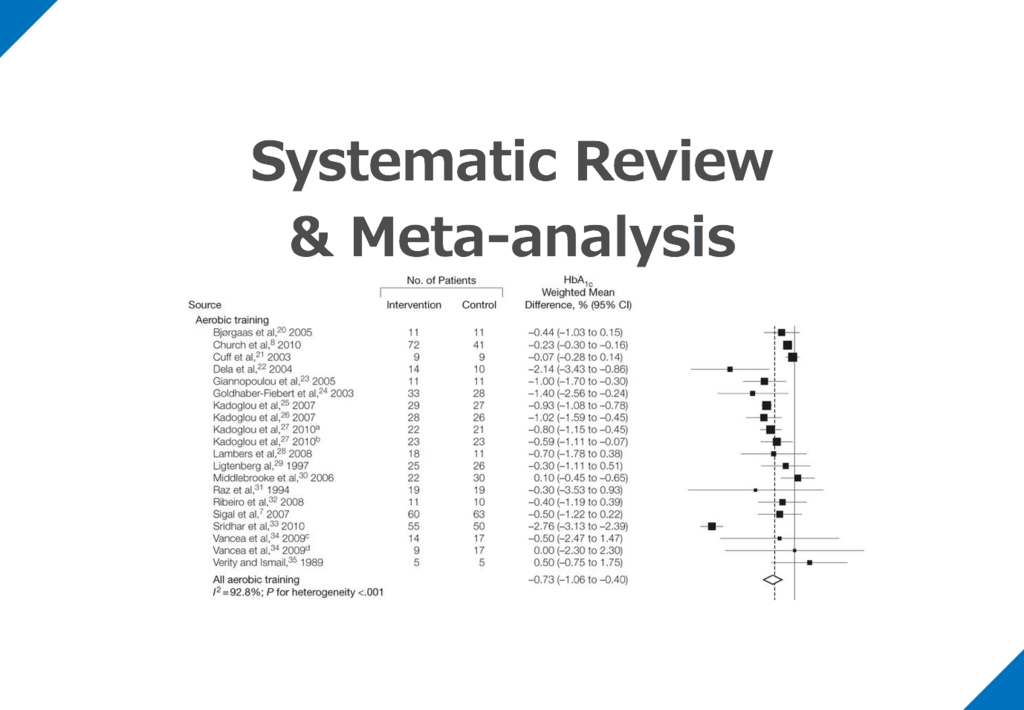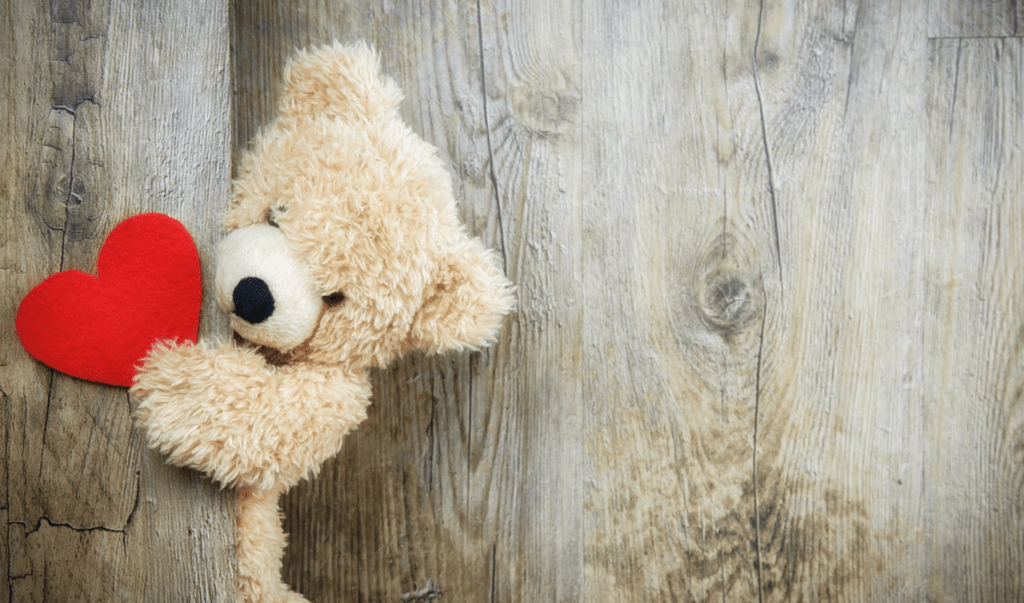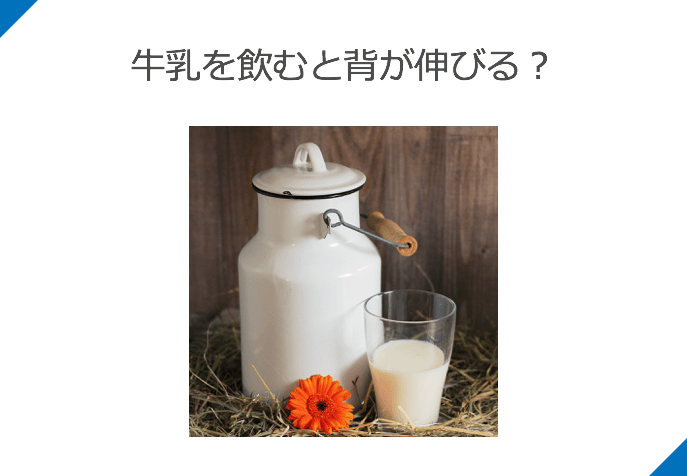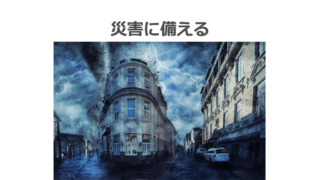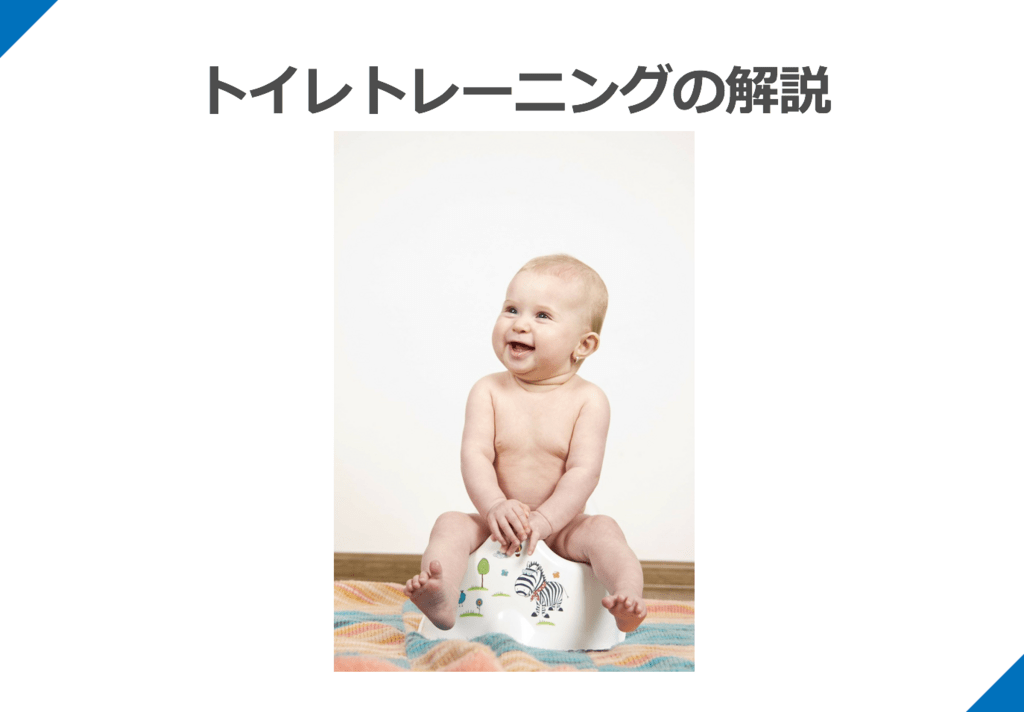今回は、小児の睡眠検査に関してです。
この推奨を「choosing wisely」ではどのように記載されているのか紹介してみようと思います。
- Choosing wisely:小児の睡眠検査
- 小児の基準に従って実施し、解釈すべき
American Academy of PediatricsからのChoosing Wisely
小児の睡眠検査は、小児の基準に従って実施し、解釈する[Choosing wisely]
Do not interpret pediatric sleep studies using adult standards. Pediatric sleep studies should be performed and interpreted according to pediatric standards, even if performed in a laboratory that predominantly studies adults.
Clinicians should use the AAP “Clinical Practice Guideline: Diagnosis and Management of Childhood Obstructive Sleep Apnea Syndrome” to determine who might benefit from ordering a sleep study or polysomnogram. In addition, the practitioner should determine in which laboratory the polysomnogram may be most appropriately conducted. Testing should evaluate physiological parameters that include cardiac, respiratory, and central nervous system functions. Because of the complex nature of the testing, sleep laboratories must have experience with children to perform an adequate test. Inclusion of caregivers is vital in providing a child-friendly environment. It is suggested that the referring physician inquire about the experience that the sleep laboratory personnel have with children prior to making a referral. If the study is not performed by personnel who can properly interpret pediatric studies, then the study would need to be repeated in a pediatric sleep center, thereby adding to the cost of the evaluation. Differences exist between normal values for adults and children with regard to sleep-disordered breathing. Obstructive events while asleep are uncommon in children, so their presence needs to be thoroughly assessed. In adults, the frequency of obstructive apneas increases with age, and the oxygen saturation while asleep may dip lower than in children. Therefore, it is vital that the diagnosis of obstructive sleep apnea (OSA) be made on the basis of pediatric criteria. Further, the severity determination of OSA must take into account the patient’s age, because these values are different in children than adults.
小児の睡眠検査を成人の基準で解釈してはならない。小児の睡眠検査は、主に成人を対象とした研究室で行われたとしても、小児の基準に従って実施し、解釈すべきである。
臨床家は、AAPの「Clinical Practice Guideline: Diagnosis and Management of Childhood Obstructive Sleep Apnea Syndrome(小児閉塞性睡眠時無呼吸症候群の診断と管理)」を用いて、どのような患者に睡眠検査や睡眠ポリグラフを行うことが有益かを判断する。
また、施術者は、どの検査室で睡眠ポリグラフを実施するのが最も適切かを判断しなければならない。
検査では、心臓、呼吸器、中枢神経系の機能を含む生理学的パラメータを評価する必要がある。睡眠検査は複雑な性質を持つため、適切な検査を実施するためには、睡眠検査室が小児の経験を有していなければならない。子供に優しい環境を提供するためには、介護者の参加が不可欠である。
紹介する医師は、紹介する前に、睡眠検査室のスタッフが子供を扱った経験があるかどうかを確認することをお勧めする。もし、小児の検査を適切に解釈できる担当者が検査を行わなければ、小児の睡眠センターで検査を繰り返す必要があり、その結果、評価のコストが増えることになる。
睡眠呼吸障害に関しては、成人と小児の正常値に違いがある。睡眠中の閉塞性事象は小児ではまれであるため、その有無を十分に評価する必要がある。
成人の場合、閉塞性無呼吸の頻度は年齢とともに増加し、睡眠中の酸素飽和度は小児に比べて低下する可能性があります。したがって、閉塞性睡眠時無呼吸症候群(OSA)の診断は、小児用の基準に基づいて行われることが肝要である。さらに、OSAの重症度判定では、小児と成人ではこれらの値が異なるため、患者の年齢を考慮する必要があります。
考察と感想
小児の睡眠検査に関してでした。
この辺り、私は明るくないので勉強の必要がありますね。小児と成人では正常値が異なる、病態生理が異なることがあるというのは、その通りと思いました。
参考文献も読んでみようと思います:
Marcus CL, Omlin KJ, Basinki DJ, et al. Normal polysomnographic values for children and adolescents. Am Rev Respir Dis. 1992;146(5 Pt 1):1235-1239.
Alsubie HS, BaHammam AS. Obstructive sleep apnea: children are not little adults. Paediatr Respir Rev. 2017;21:72-79.
Katz ES, Marcus CL. Diagnosis of obstructive sleep apnea. In: Sheldon SH, Ferber R, Kryger MH, Gozal D, eds. Principles and Practice of Pediatric Sleep Medicine. Philadelphia, PA: Elsevier Saunders; 2014:221-230.
Wagner MH, Torrez DM. Interpretation of the polysomnogram in children. Otolaryngol Clin North Am. 2007;40:745-759.
Marcus CL, Brooks LJ, Draper KA, et al; American Academy of Pediatrics. Clinical practice guideline. Diagnosis and management of childhood obstrucive sleep apnea syndrome. Pediatrics. 2012;130(3):576-584.
まとめ
今回は、小児の睡眠検査に関するchoosing wiselyをご紹介しました。
これ以外にも項目が出ているようなので、コツコツと読んでいこうと思います。
(2025/04/01 02:28:12時点 Amazon調べ-詳細)
Dr. KIDの執筆した書籍・Note
医学書:小児のかぜ薬のエビデンス
小児のかぜ薬のエビデンスについて、システマティックレビューとメタ解析の結果を中心に解説しています。
また、これらの文献の読み方・考え方についても「Lecture」として解説しました。
1冊で2度美味しい本です:
(2025/03/31 05:29:51時点 Amazon調べ-詳細)
小児の診療に関わる医療者に広く読んでいただければと思います。
医学書:小児の抗菌薬のエビデンス
こちらは、私が3年間かかわってきた小児の抗菌薬の適正使用を行なった研究から生まれた書籍です。
日本の小児において、現在の抗菌薬の使用状況の何が問題で、どのようなエビデンスを知れば、実際の診療に変化をもたらせるのかを、小児感染症のエキスパートの先生と一緒に議論しながら生まれた書籍です。
noteもやっています
当ブログの注意点について
当ブログは医療関係者・保護者の方々に、科学的根拠に基づいた医療情報をお届けするのをメインに行なっています。参考にする、勉強会の題材にするなど、個人的な利用や、閉ざされた環境で使用される分には構いません。
一方で、当ブログ記事を題材にして、運営者は寄稿を行なったり書籍の執筆をしています。このため運営者の許可なく、ブログ記事の盗用、剽窃、不適切な引用をしてメディア向けの資料(動画を含む)として使用したり、寄稿をしないようお願いします。
ブログの記載やアイデアを公的に利用されたい場合、お問い合わせ欄から運営者への連絡お願いします。ご協力よろしくお願いします。
